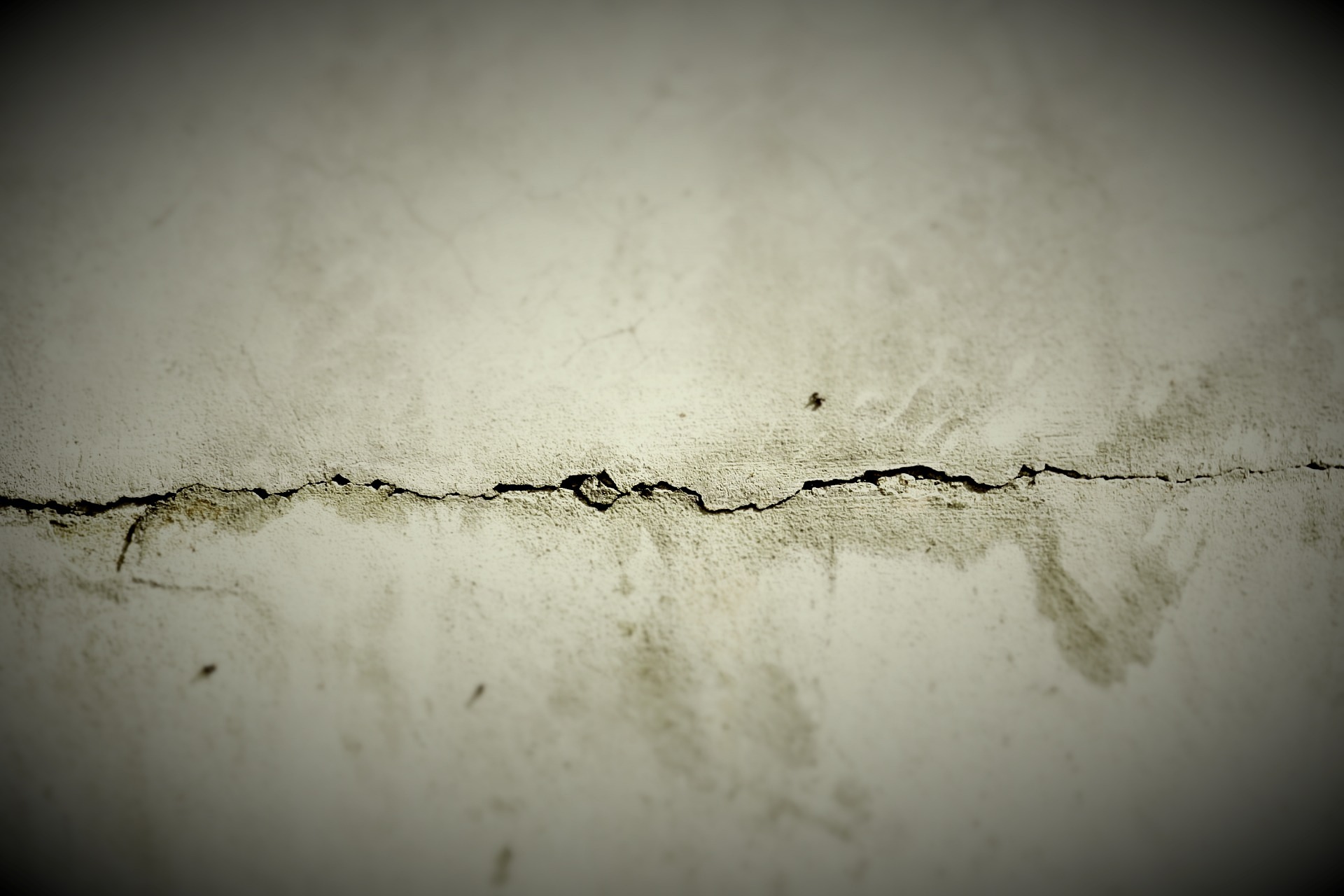Understanding Structural Repair Contractors: Experts in Building Restoration
Structural repair contractors are specialized professionals who diagnose and address issues affecting the integrity of buildings. These experts play a crucial role in maintaining and restoring the safety and stability of various structures, from residential homes to commercial buildings. Their work encompasses a wide range of services, including foundation repair, wall reinforcement, and structural modifications to ensure buildings remain sound and functional.

-
Beam and column repair: Fixing or replacing damaged support structures.
-
Roof truss repair: Correcting issues with the structural elements supporting the roof.
-
Concrete repair: Fixing cracks, spalling, or other damage to concrete structures.
-
Waterproofing: Implementing solutions to prevent water infiltration and associated damage.
These services are essential for maintaining the structural integrity of buildings and preventing further deterioration that could lead to more severe problems.
How do structural repair contractors assess building issues?
Structural repair contractors employ a systematic approach to evaluate building problems:
-
Visual inspection: Carefully examining the structure for visible signs of damage or deterioration.
-
Structural analysis: Using engineering principles to assess the building’s current condition and identify potential weaknesses.
-
Diagnostic tools: Utilizing equipment such as moisture meters, thermal imaging cameras, and crack monitors to gather detailed information about the structure’s condition.
-
Soil testing: Analyzing the soil composition and stability around the foundation to determine if it’s contributing to structural issues.
-
Load testing: Assessing the building’s ability to support its intended weight and identifying areas of concern.
This comprehensive evaluation process allows contractors to develop targeted repair strategies tailored to each building’s specific needs.
What qualifications should you look for in a structural repair contractor?
When selecting a structural repair contractor, consider the following qualifications:
-
Licensing: Ensure the contractor holds all necessary state and local licenses to perform structural repair work.
-
Insurance: Verify that they carry adequate liability insurance and workers’ compensation coverage.
-
Experience: Look for contractors with a proven track record in handling similar types of structural repairs.
-
Engineering expertise: Many reputable structural repair firms employ or consult with licensed structural engineers.
-
Industry certifications: Certifications from organizations like the International Association of Certified Home Inspectors (InterNACHI) or the Basement Health Association can indicate specialized knowledge.
-
References: Ask for and check references from previous clients to gauge the quality of their work and professionalism.
Choosing a well-qualified contractor is crucial for ensuring that repairs are performed correctly and effectively.
How much do structural repair services typically cost?
The cost of structural repair services can vary widely depending on the nature and extent of the damage, as well as the specific solutions required. Here’s a general overview of potential costs for common structural repair services:
| Service | Typical Cost Range | Factors Affecting Price |
|---|---|---|
| Foundation Repair | $2,000 - $7,500 | Extent of damage, repair method, accessibility |
| Wall Reinforcement | $5,000 - $15,000 | Wall size, degree of bowing, chosen reinforcement method |
| Beam Replacement | $1,500 - $5,000 per beam | Beam size, material, accessibility |
| Roof Truss Repair | $300 - $800 per truss | Number of trusses, extent of damage |
| Concrete Repair | $500 - $3,000 | Area to be repaired, depth of damage, chosen repair method |
| Waterproofing | $3,000 - $10,000 | Size of area, chosen waterproofing method, accessibility |
Prices, rates, or cost estimates mentioned in this article are based on the latest available information but may change over time. Independent research is advised before making financial decisions.
It’s important to note that these are general estimates, and actual costs can fall outside these ranges depending on various factors specific to each project. Always obtain detailed quotes from multiple contractors before proceeding with any structural repair work.
How can homeowners maintain their building’s structural integrity?
Proactive maintenance can help prevent or minimize the need for extensive structural repairs:
-
Regular inspections: Conduct visual checks of your home’s foundation, walls, and roof for signs of damage or wear.
-
Proper drainage: Ensure that water drains away from your home’s foundation to prevent soil erosion and water damage.
-
Gutters and downspouts: Keep these clear and in good repair to direct water away from the building.
-
Moisture control: Address any sources of excess moisture in and around your home promptly.
-
Tree management: Trim trees near your home and consider removing those with invasive root systems that could damage the foundation.
-
Prompt repairs: Address small issues quickly before they develop into more significant structural problems.
By staying vigilant and addressing potential issues early, homeowners can often avoid costly structural repairs and maintain their building’s long-term stability.
Structural repair contractors play a vital role in preserving and restoring the integrity of our built environment. Their expertise ensures that buildings remain safe, functional, and structurally sound for years to come. By understanding their services, qualifications, and the importance of proactive maintenance, property owners can better protect their investments and ensure the longevity of their structures.






